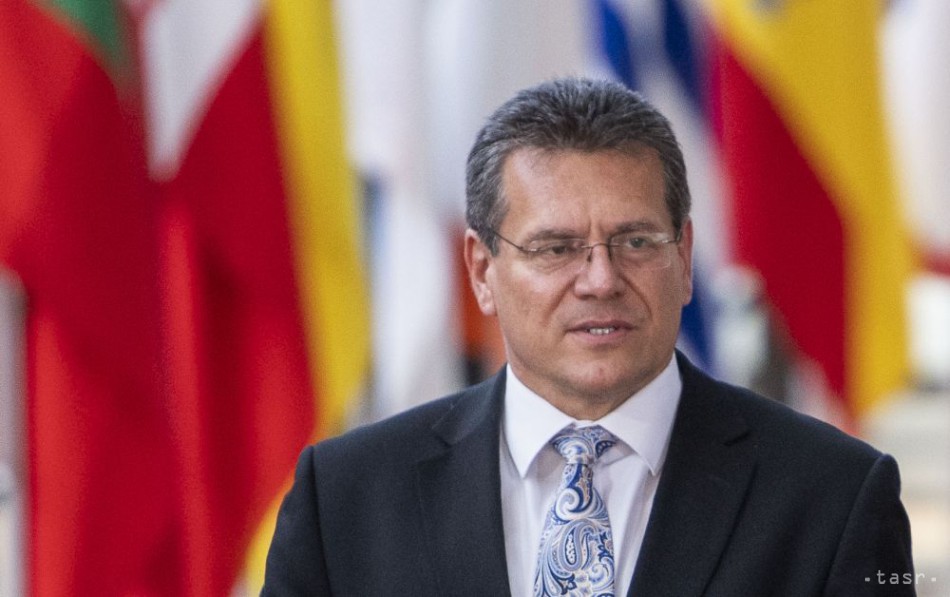“`html
Brussels/Bratislava – European farmers need not fear negative impacts from the new free trade agreement between the EU and Mercosur countries. This was stated by European Commissioner for Trade and Economic Security Maroš Šefčovič in an interview with Slovak media representatives in Brussels, reports TASR correspondent.
The Slovak European Commissioner at the end of last week in Montevideo, alongside European Commission (EC) President Ursula von der Leyen, agreed to sign a decade-long planned agreement. European farmers have already expressed concerns about the agreement. On Monday, they protested in Brussels, with opposition mainly from France, Italy, and Poland.
Šefčovič claims there is no reason to worry. According to him, this is the historically largest investment partnership between the EU and Mercosur countries. “We are talking about over 700 million consumers, about a vast trade that annually exceeds 84 billion euros. We anticipate that thanks to this agreement, the volume of trade exchange will increase by 20 to 30 percent,” he said. Therefore, he wants to assure European and even Slovak farmers that the EC approached sensitive commodities very cautiously within the agreement.
“For sensitive commodities like the import of beef or chicken meat, the quotas are at the level of 1.4 – 1.5 percent of European consumption. If beef consumption is over six million tons annually, the import quota for all four Mercosur countries is 99,000 tons. That’s roughly two steaks per EU inhabitant per year,” explained Šefčovič.
According to him, this certainly cannot cause problems for European farmers. The EU also introduced strict European phytosanitary standards in the agreement for exporters from Argentina, Brazil, Paraguay, and Uruguay.
“So the concerns I saw in the media, regarding the use of hormones or antibiotics, are absolutely unfounded. For us, it’s unacceptable and it is reflected in this agreement,” he described.
Part of the agreement is also the so-called “emergency brake,” a mechanism designed to prevent imbalances in the EU single market from the perspective of import of agro-commodities from Mercosur countries. In practice, this would mean stopping the import of commodities threatening the EU market, while the EC is also preparing specific financial measures for such a situation.
“We want to have insurance for such cases, which we do not anticipate, and which will be at least one billion euros. I believe that the concerns of farmers have been heard,” said Šefčovič. He recalled that he often met with representatives of the European agricultural sector in his previous role in the EC and expressed hope that as farmers thoroughly study the details of the trade agreement with Mercosur, their concerns will ease. (December 11).
“We are talking about over 700 million consumers, about a vast trade that annually exceeds 84 billion euros. We anticipate that thanks to this agreement, the volume of trade exchange will increase by 20 to 30 percent.” Maroš Šefčovič
“`
 go to the original language article
go to the original language article
